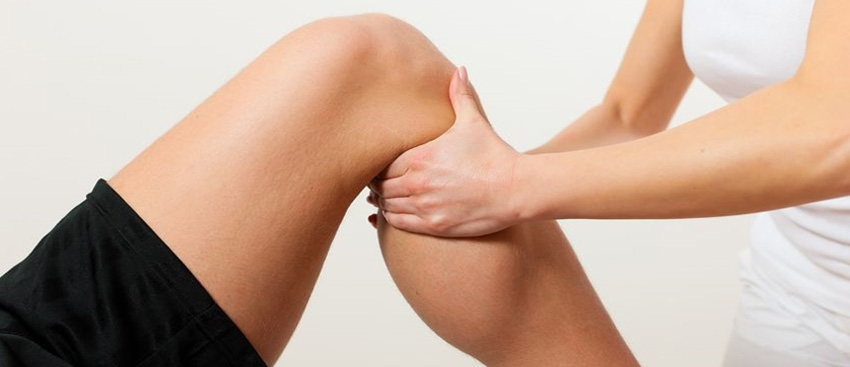
Are you suffering from morning stiffness or pain? Are your joints locking up or feeling tight? Do you have pain because of your older age? You could have arthritis of your joint.
- Definition:
Arthritis is inflammation of one or more joints. There are lots of types of arthritis but commonly people know them as:
- Osteoarthritis
- Rheumatoid Arthritis
Arthritis means damage in joint cartilage. Healthy cartilage is between joints, which absorbs shocks, protects joints and makes joints move smoothly.
- Causes:
Normally it is a wear and tear of the joint from normal usage.
It could also happen due to rheumatic fever or a disorder whose cause is unknown, but as a result of an autoimmune disorder.
It could also happen to a patient who has an infection, gout, lupus, or psoriasis.
- Risk Factor:
People who had broken bones or major injuries in the past, or chronic neglected joint injuries. Surrounding joints are more prone to arthritis due to abnormal wear and tear and changes in body mechanics.
- Symptoms and Signs:
Patient will have symptoms of joint pain, stiffness, swelling, and redness around joint. Patient will have signs of decreased movement, tenderness around the joint or, in extreme cases, deformity.
- Diagnostic Tests:
Doctor normally will take your x-ray, examine and in some cases draw joint fluid for check up.
- Treatment:
Most patients will respond very well with life style changes and PHYSICAL THERAPY. Some patients will be advised to take pain medication over the counter or will be prescribed by doctor. In acute cases a doctor might give a cortisone shot in the joint to relieve pain.
- What kind of Physical Therapy patient will get with Arthritis?
Physical Therapist will try to relieve your pain using modalities like:
- Hot packs/ Cold packs
- Electrical stimulation
- Ultrasound
- Massage
- Soft Tissue mobilization
- Exercise programs may include:
- Flexibility Exercises
- Strengthening exercises
- Weight bearing closed chain exercises
If conservative treatment fails, patient may need surgery
- Prognosis:
Most patients will do very well with Physical Therapy and life style changes.
- Prevention:
Taking care of minor pain and not waiting too long will protect you or delay your arthritis symptoms and you can delay your replacements.


